
The year 2022 marks the 100th anniversary of Howard Zinn’s birth on August 24, 1922, in Brooklyn. Although Howard died in 2010, his work continues to inform and inspire educators around the world. His most popular book, A People’s History of the United States, has close to 4 million copies. Bill Bigelow described Zinn’s work in a 2020 tribute:
Zinn did not merely record history, he made it: as a professor at Spelman College in the 1950s and early 1960s, where he was ultimately fired for his outspoken support of students in the Civil Rights Movement, and specifically the Student Nonviolent Coordinating Committee (SNCC); as a critic of the U.S. war in Vietnam, and author of the first book calling for an immediate U.S. withdrawal; and as author of arguably the most influential U.S. history textbook in print, A People’s History of the United States. “That book will knock you on your ass,” as Matt Damon’s character says in the film Good Will Hunting. Continue reading.
At the Zinn Education Project, we are commemorating the anniversary in a number of ways:
People’s History Lessons
Continue to provide free lessons and classes on teaching people’s history and defend teachers’ right to teach outside the textbook. Since we launched the Zinn Education Project, with the support of Howard Zinn in 2008, more than 140,000 teachers have signed up to access free people’s history lessons from our website. Thousands more have participated in our online classes, workshops, and study groups. Those teachers are under attack from right-wing legislation that bans teaching about systemic racism, making it difficult to teach honestly about U.S. history.
Prisons and Prisoners
Share Howard Zinn’s writing about prisons and his correspondence with prisoners. While Zinn’s essays on the Civil Rights Movement and war are well known, his writing about prisons gets less attention, reflecting the invisibility of mass incarceration in this country. During this anniversary year, we are shining a light on Zinn’s extensive, decades-long correspondence with prisoners and his belief that prisons should be abolished. Here are quotes, essays, correspondence, and articles.
People’s Historians
Highlight examples of the people’s historians who preceded Howard Zinn and the countless contemporary people’s historians. Too often, people place Zinn on a pedestal as the first and most influential people’s historian. Zinn would be the first to object. (It is not just fans who lionize him. The right promotes an outsized focus on Howard Zinn so that they can use him in their McCarthy-like attacks on the teaching of people’s history.) We should not focus on one people’s historian, but celebrate and learn from the work of people’s historians more broadly. These include historians from the 19th and early 20th century (primarily African American), Zinn’s contemporaries, and those who continue to expand our understanding of people’s history today. Throughout the year we are featuring people’s historians, beginning with John Henrik Clarke, born in 1915.
Howard Zinn Quotes
We are curating a collection of quotes by Howard Zinn from a wide selection of his books, essays, interviews, and talks.
Share Your Stories
Share your memories, favorite Zinn quotes, the impact of reading A People’s History of the United States, or other stories. Use the hashtag #HowardZinn100.
Events
We co-hosted activities including a teacher workshop on August 23, a forum with historians and artists on August 24 as part of the Teach the Black Freedom Struggle series, and a session on radicalizing the archives on August 25.
And More
There are also commemorative events by our colleagues at Voices of a People’s History, Tamiment Library, The New Press, Seven Stories Press, Alternative Radio, the National Whistleblower Center, and other organizations. Rethinking Schools magazine is featuring a Howard Zinn essay in each quarterly issue this year.
Let us know if you have plans to commemorate the Howard Zinn Centennial, such as with a book talk, art project, podcast interview, letter to the editor, op-ed, a lesson you teach, or anything else that comes to mind.

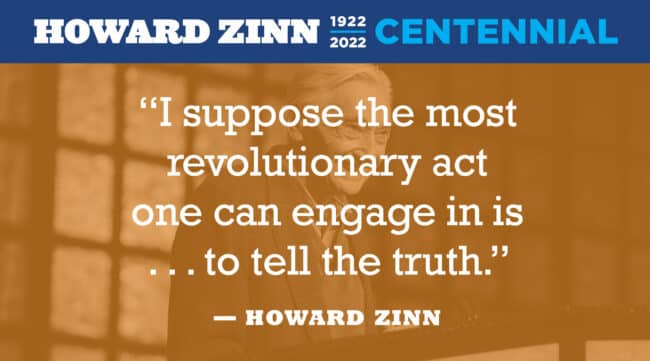
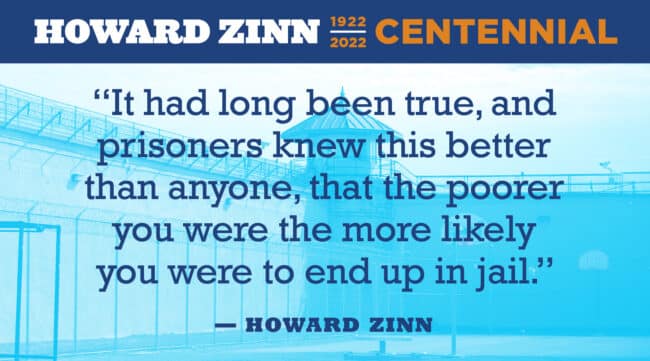
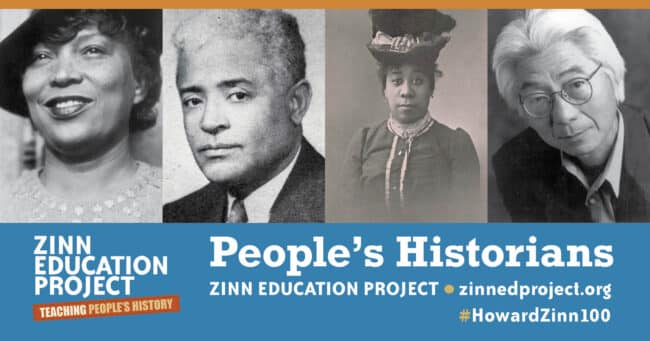
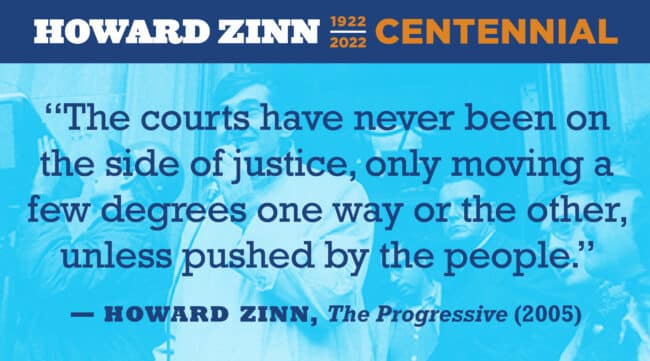
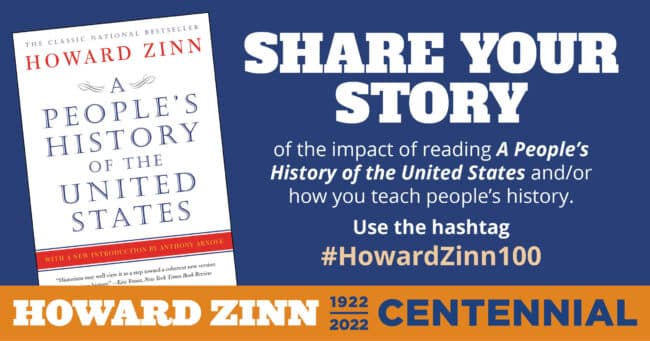
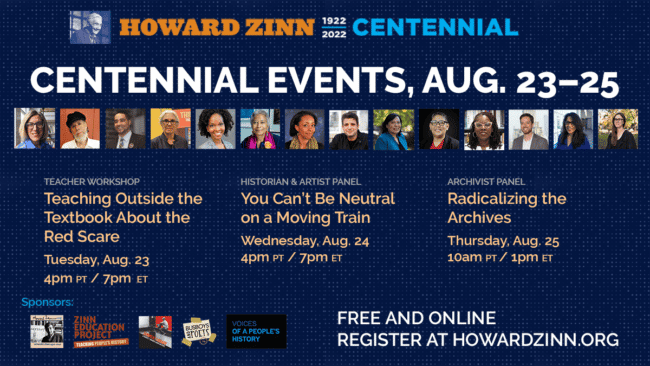
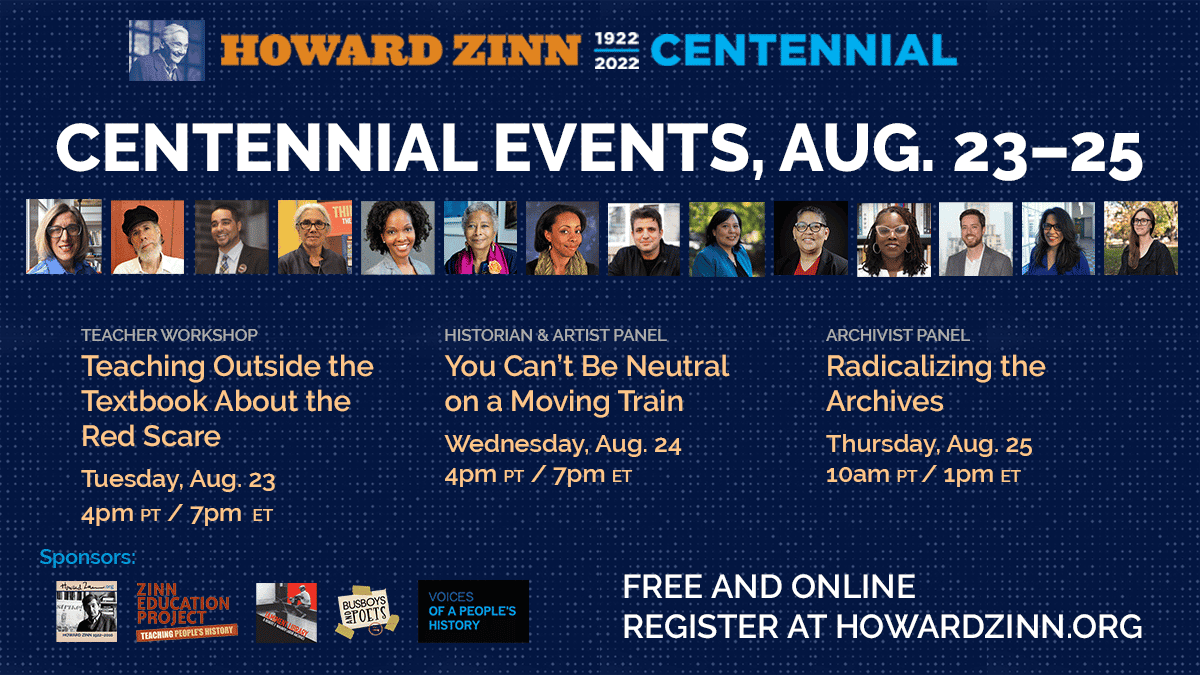
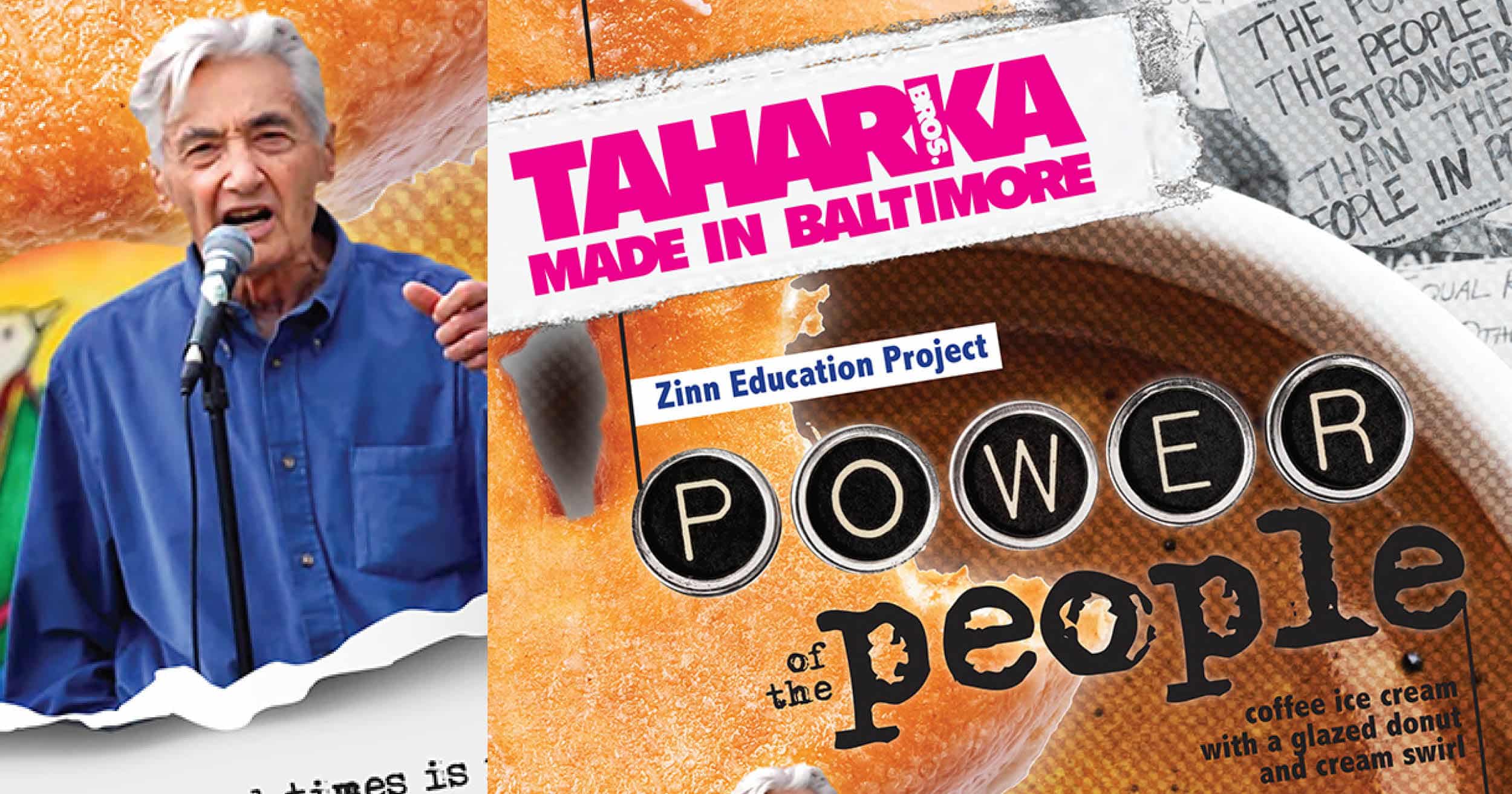
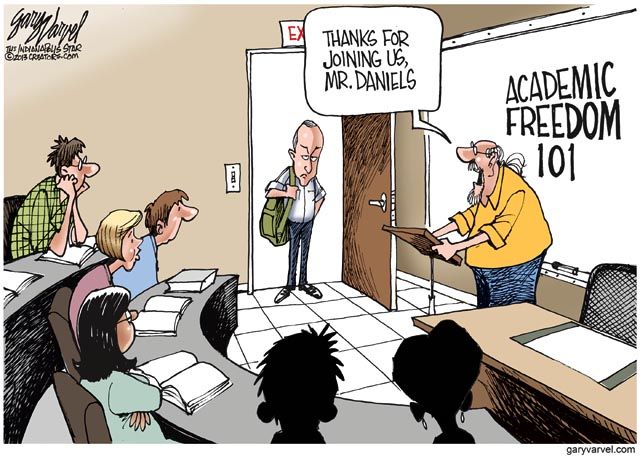
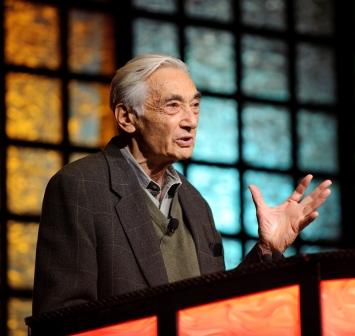
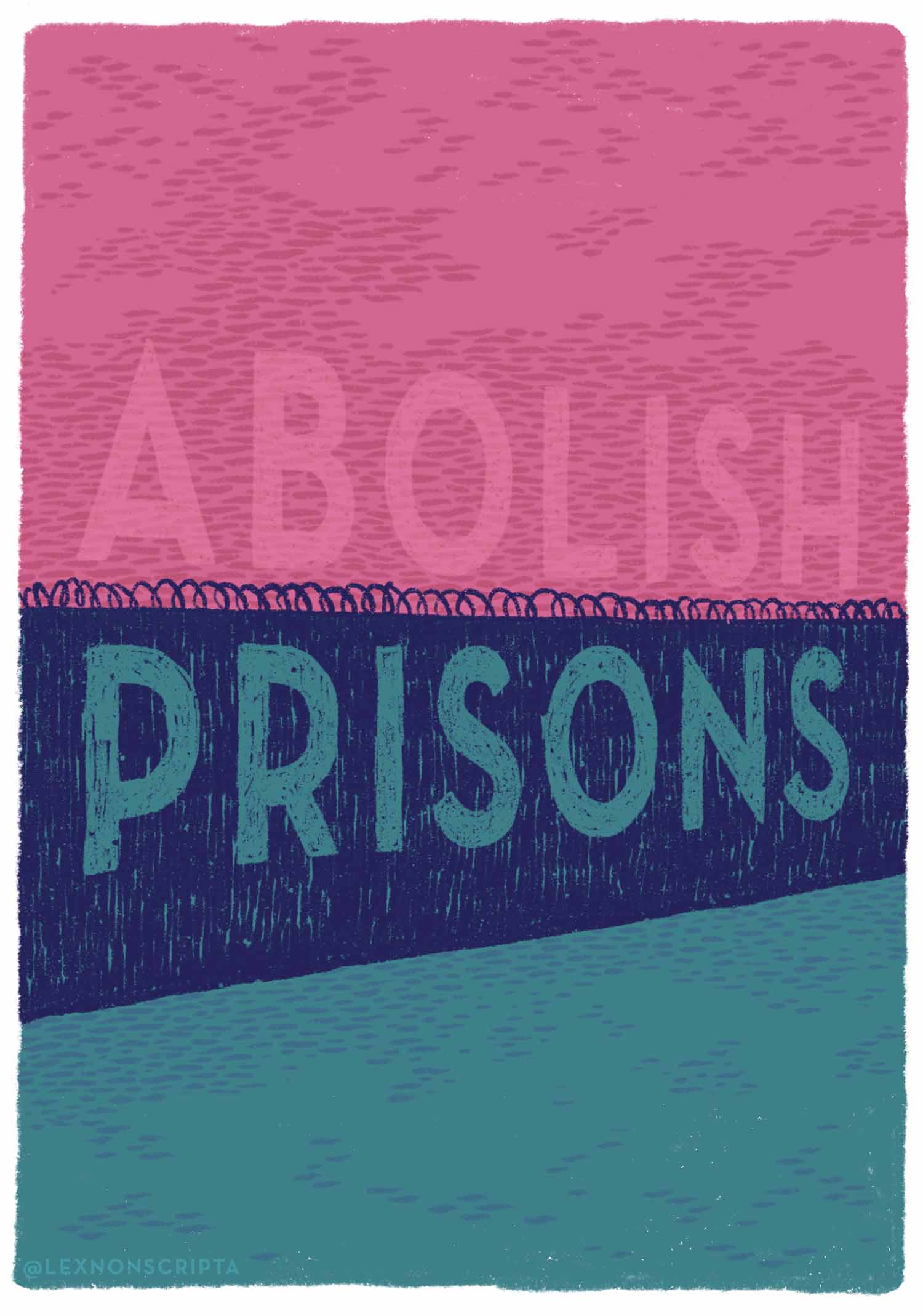
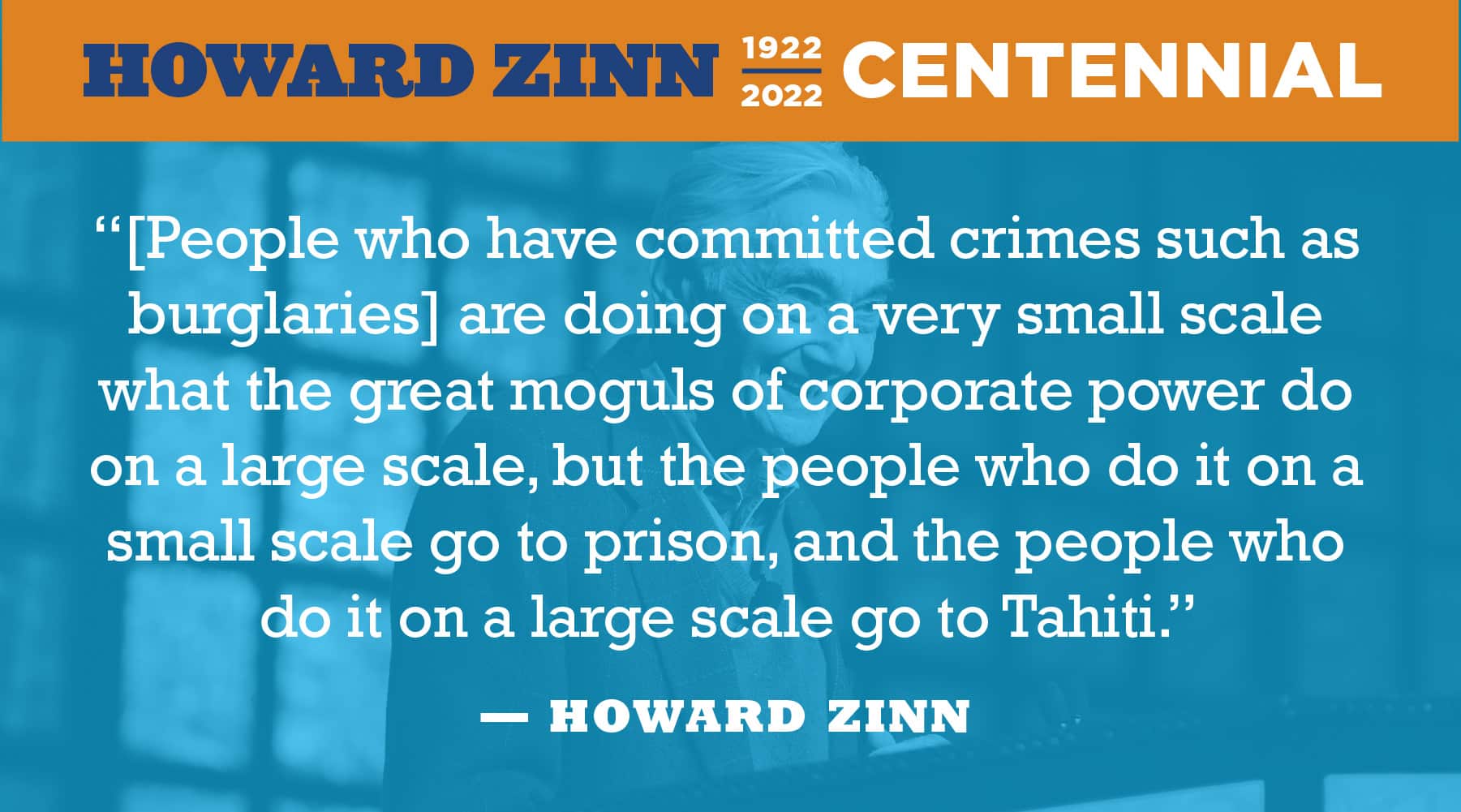
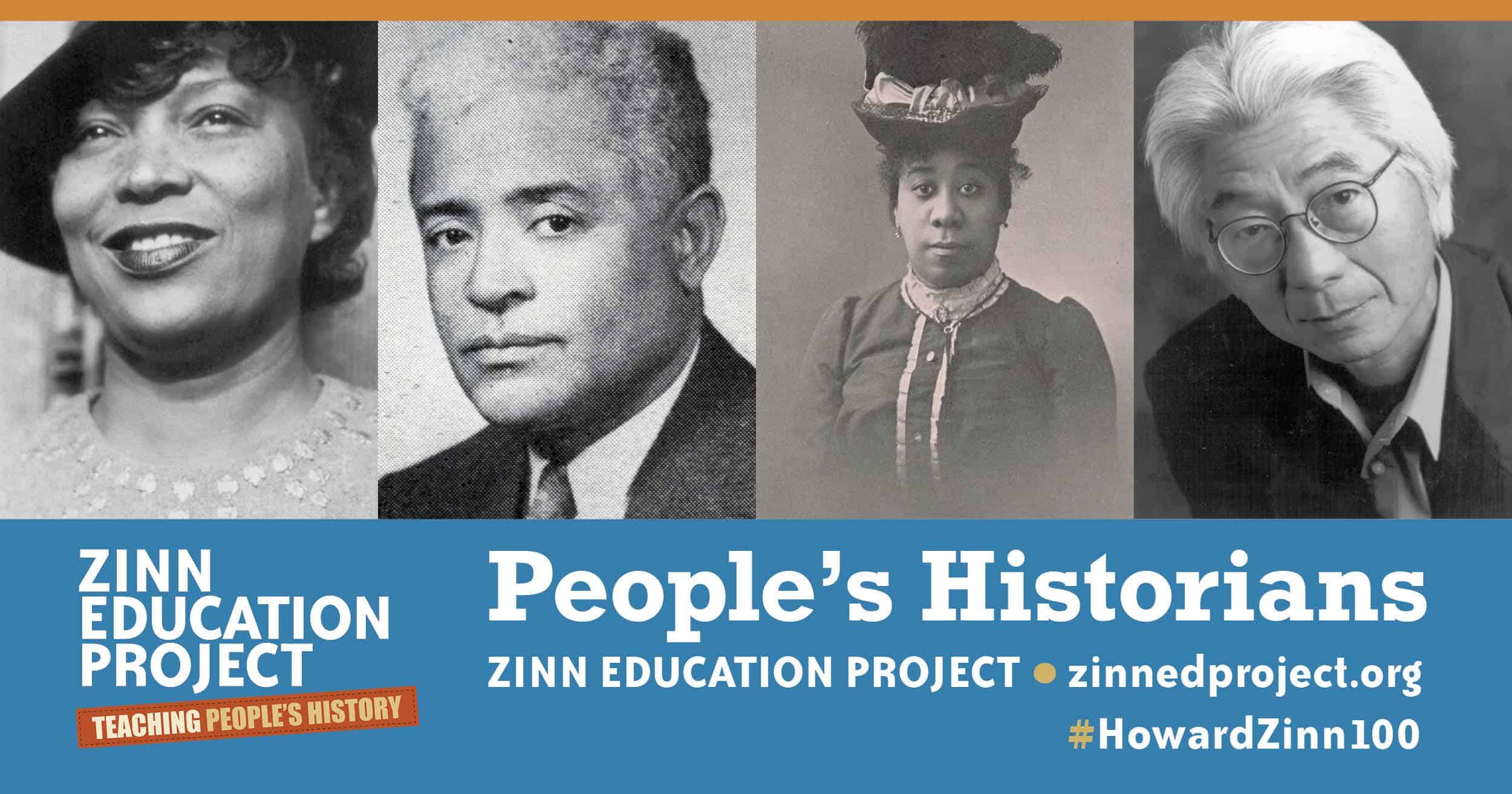
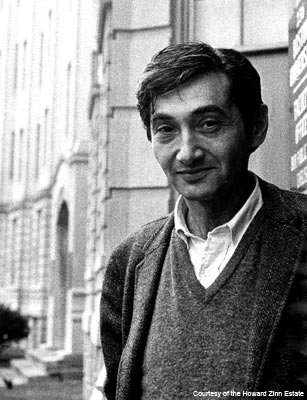
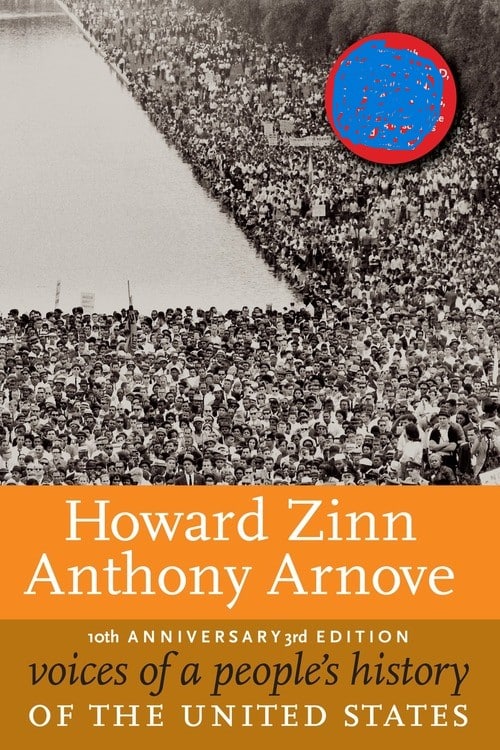
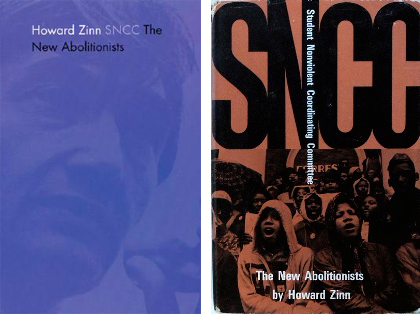
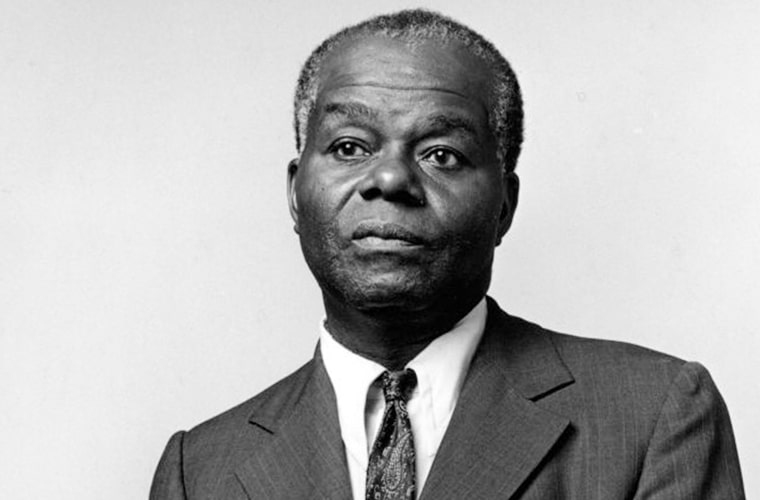





Howard Zinn Revisited
The historian, author, playwright, and social activist Howard Zinn passed away twelve years ago on January 27, 2010. Howard Zinn was a political science professor at Boston University and also taught at Spelman College. He wrote more than twenty books, including his best-selling A People’s History of the United States, which sold over two million copies.
When I was a student in 1970, Howard Zinn came to Saint Peter’s College to speak. He told a small audience in Dinneen Auditorium that the problems of the United States are “rooted” in the conspiracy “of the law.” Zinn said, “If we are to overcome the injustices which have become legitimate by due process of law, we must develop a selective disrespect of the law.”
I did not know Howard Zinn until later in my life when I had been teaching history for a number of years. The first time I met Howard was in a coffee shop in New York City where he said to me, “You must read Johnny Got His Gun.” (Of course, I followed his advice, and to this day the book is one of my favorite anti-war novels.) After that, I had the privilege of knowing Howard, reading many of his books, and using A Young People’s History of the United States in my own classroom. What impressed me most about Howard was how he told history through the eyes of many of the unsung heroes of our nation.
Even though Howard is no longer here with us, his legacy lives on through his writings, his plays, and in the hearts of those who admired him.
As a professor now at Saint Peter’s University, it is my hope that I can inspire my students to continue the work that Howard Zinn started when I was an undergraduate here.
In remembering Howard Zinn the words of John Steinbeck come to mind when he wrote The Grapes of Wrath. In the novel, Steinbeck’s character Tom Joad so eloquently said, “I’ll be all around in the dark. I’ll be everywhere. Wherever you can look, wherever there’s a fight, so hungry people can eat, I’ll be there. Wherever there’s a cop beatin’ up a guy, I’ll be there. I’ll be in the way guys yell when they’re mad. I’ll be in the way kids laugh when they’re hungry and they know supper’s ready, and when the people are eatin’ the stuff they raise and livin’ in the houses they build, I’ll be there, too.”
I will try to capture the spirit of Howard Zinn in my own modest way in the following poem:
Whenever there is injustice toward the poor, I’ll be there.
Whenever there are unjust wars, I’ll be there.
As the climate crisis worsens, I’ll be there.
I’ll be there as the middle class is shrinking and the prison population is growing.
I’ll be there as unions are struggling and education is becoming “standardized.”
And when the people say “enough” and fight back, I’ll be there too.
Howard was my greatest teacher and inspiration. I remember classes with him at BU in 1964-65 as if they were yesterday. Unforgettable.